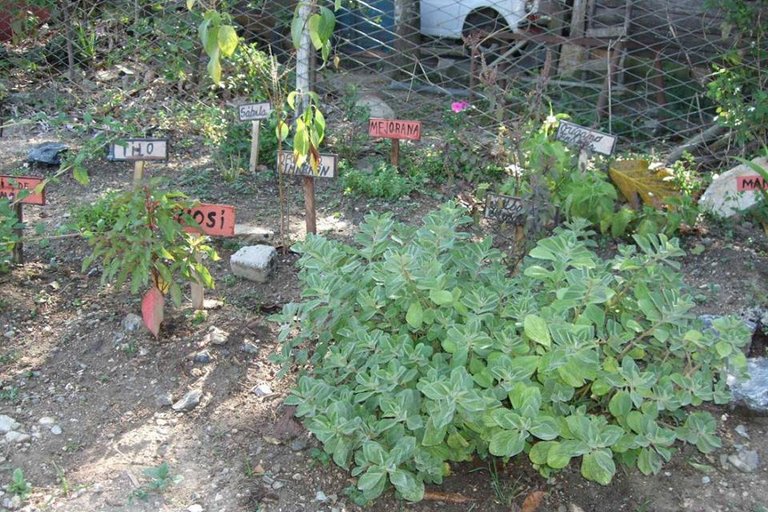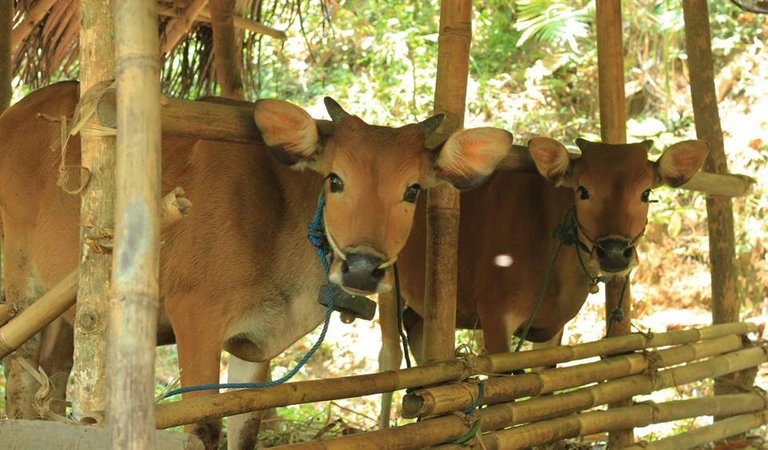The increase of the world population increases the economic needs that must be met, ranging from food, clothing, space, energy and so forth. Patterns and cultures of human life that continues to grow as the advancement of civilization is not balanced by the quality of the environment that became its support. Activities related to the fulfillment of human life needs still refer to the ethics of anthropocentrism (the human being as the center of the universe). As a result, the protection of the environment is increasingly neglected, becoming a global crisis that is beginning to be perceived as well as threatening future lives.
Efforts to cope and prevent environmental degradation should begin with a shift in the human paradigm from anthropocentrism to ecocentrism (all living things are related to each other and equally responsible to nature). The paradigm needs to be applied thoroughly to aspects of human activities to maintain the balance of ecosystems, including agricultural activities. Therefore, agricultural development is directed to sustainable agriculture, such as organic farming and permaculture.

Permaculture History
In 1929, Joseph Russell Smith introduced the term permaculture as permanent agriculture in his Tree Tree: A Permanent Agriculture. The book contains the results of his research that sees the world as a comprehensive relationship, then proposes the use of a system of agricultural crops that shelter among the trees. Furthermore, in 1978 Bill Mollison and David Holmgren used the term "permaculture", which originally "Permanent Agriculture" evolved into "Permanent Culture" as a systematic and philosophical method. Permaculture is seen not only applicable in agriculture, but also as a culture of human life. Permaculture is then defined as a branch of ecological design science, ecological engineering, and environmental design that develops sustainable architecture and self-supporting agricultural systems based on natural ecosystems.
Permaculture Ethics
Permaculture ethics consists of three, namely care for Earth, care for people, and fair share. These three ethics combine as human beings towards the environment and their fellowmen who form a harmonious, just and sustainable life order. Ethics care for Earth is applied in agricultural activities as an attitude to protect and harmonize with nature, creating a non-destructive and healthful ecosystem system. The ethics of care for people explains that permaculture practices are easily accessible to meet human well-being, which is not contrary to care for Earth. Fair share ethics complements both ethics, that is, permaculture regulates the distribution of the consumed and returns to nature for the benefit of present and future life. In addition to these three ethics, there are 12 principles that combine creativity, efficiency, and integrated, which is an important guide in conducting permaculture practices.
Permaculture General Practice
Some of the permaculture practices in general have long been done long before the term is found. In fact, some of its practices are easy to find as local wisdom in some areas. Some examples of permaculture practices are: agroforestry, hügelkultur, natural buildings, rainwater harvesting, mulching, rotation of cultivation and grazing, and much more.

Very nice post
Permaculture is the way to go for a small farm. Working with Mother Nature is always best.
very interesting discussion about this, and will never run out @lacostas
Good post and certainly useful for all of us to think how to use nature well?...
hai ade , kiban kaleh pos ngen estem @silverade
Udah!....ini pake esteem,...tapi gak di vote juga 😂😂😂 @orangkaya